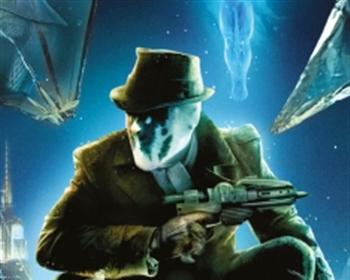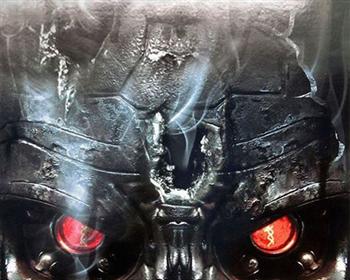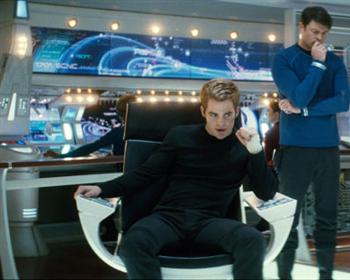2046 is the eagerly-anticipated new movie from famed Hong Kong
‘new-wave’ director, Wong Kar Wai. Like Wong Kar Wai’s other
films, 2046 focuses on love and loss, alienation and
disenchantment. It tells of a man living in Room 2046 of the
Oriental Hotel, who writes a science fiction novel, also entitled 2046,
whilst meditating on past loves embarking on present ones. Not
much of a storyline, admittedly. But plots have never figured
highly on Wong Kar Wai’s list of priorities.
Rather, his
films, during which actors are told little about their roles and often
improvise their lines, tend to grow around ideas and filming
incidents. Therefore, 2046, affected by the SARS outbreak into
2003 and the difficulty in scheduling the actors, all cinematic
superstars in Hong Kong, Japan, China and Taiwan, developed from the
initial premise, involving a Japanese hitman and a futuristic postman,
into its present incarnation.
Cinematographer Christopher
Doyle (also responsible for the camera work in Crouching Tiger, Hidden
Dragon and Rabbit-proof Fence) who has worked with Wong Kar Wai on all
his previous films, uses focused camera angles, occasionally blurred
shots and fast-moving sequences to evoke the desolation and alienation
felt by the characters. The wonder of Wong Kar Wai’s films lie in
the feelings which these visuals invoke; the slightly angled scenes,
the play on light and the whimsical touches – such as the scene of the
dancing pumps of the hotel owner’s daughter as she practises her
Japanese in rhythm.
The crème de la crème of Far East cinema
do a fine job of evoking 1960s Hong Kong/Singapore, and occasionally,
of Hong Kong circa 2046. Particularly good is Tony Leung, who
conveys a torrent of emotion with a twitch of his cigarette-holding
mouth and the fiery Zhang Ziyi, as one of his paramours.
However,
the film is not one of Wong Kar Wai’s better efforts (see the lushly
evocative and frankly, beautiful ‘In The Mood For Love’, the incredibly
stylish and gut-wrenching ‘Happy Together’ and the quirky fable to the
isolation of modernisation ‘Chungking Express’ for that). Some
scenes seemed overly long and drawn-out and the last ten minutes could
have been deleted without affecting the movie in the least.
Still, it is an effective showcase for Wong Kar Wai’s astounding
abilities to evoke emotion from seemingly innocuous occurrences and his
impeccable sense of style and a breath of fresh air in Chinese cinema
amongst the more traditional martial-arts or modern-day films.


